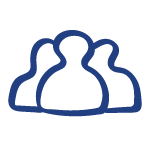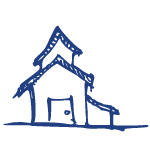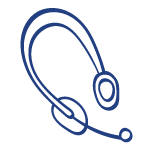Remember these food safety tips and keep pets out of areas where you are preparing food, especially kitchen benchtops.
Pets can share more than love with your family – bacteria, viruses, parasites and fungi which can be transmitted to humans, especially young children, through bites, poop, saliva or dander.
Australians have the highest rate of pet ownership in the world, at 62% of households owning a pet. It is important to be vigilant at keeping your family safe. Here are a few more food safety tips from the Food Safety Information Council –
- As always, wash you hands with soap and dry thoroughly before handling food and after handling your pet, their food or toys.
- Don’t let your pets lick or take food from your plate.
- Always wash your hands after cleaning out cages, fish tanks and cat litter and after picking up after your dog.
- When out walking your dog, and if you have been picking up poop, make sure you wash your hands or use hand sanitizer before you eat or drink anything.
- Birds, including your backyard chooks, and reptiles have been linked to salmonella infections in people. Make sure you and your children wash your hands after handling them or cleaning their environment.
- Carefully check any eggs for cracks, wipe off any visible dirt with a dry cloth or paper towel but don’t wash the eggs in water – this can transfer the contamination into the egg contents. Always wash your hands after collecting eggs.
- Cats may pass on salmonella infections if they eat raw meat or eat wild birds or animals. It is best to feed them commercially prepared food and try to keep them inside.
- If you grow your own fruit and vegetables make sure your pets or wild animals can’t poop where you are growing food.
To find our more follow this link – http://foodsafety.asn.au/topic/pets-and-food-safety/
Contact CFT International, RTO 21120, to enrol into food safety training today!
Share this story
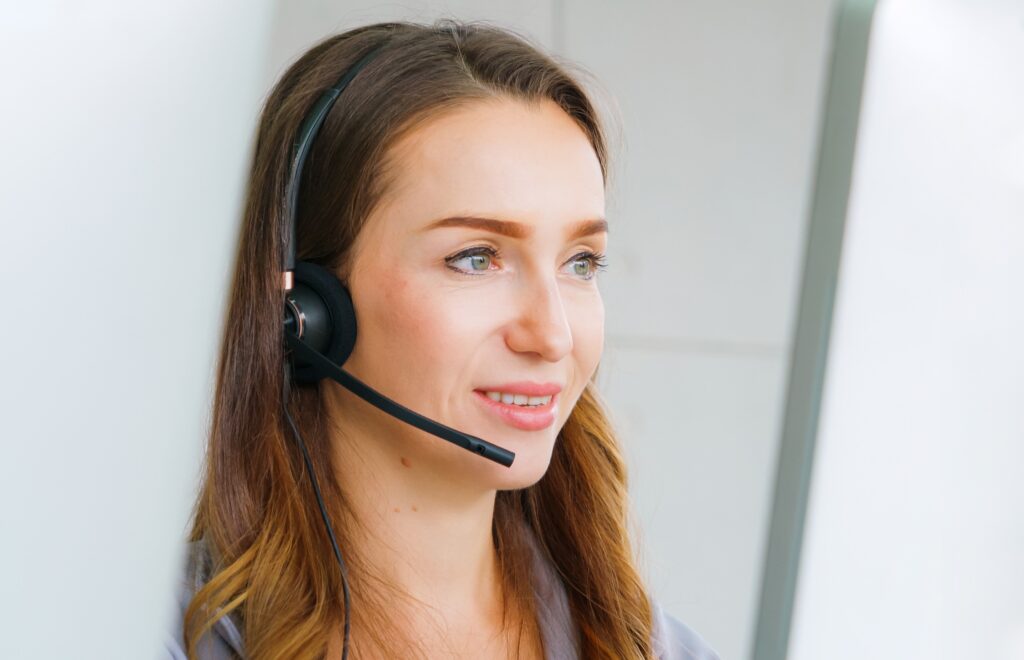
Chat to one of our trainers
Our team are here to help with your questions
